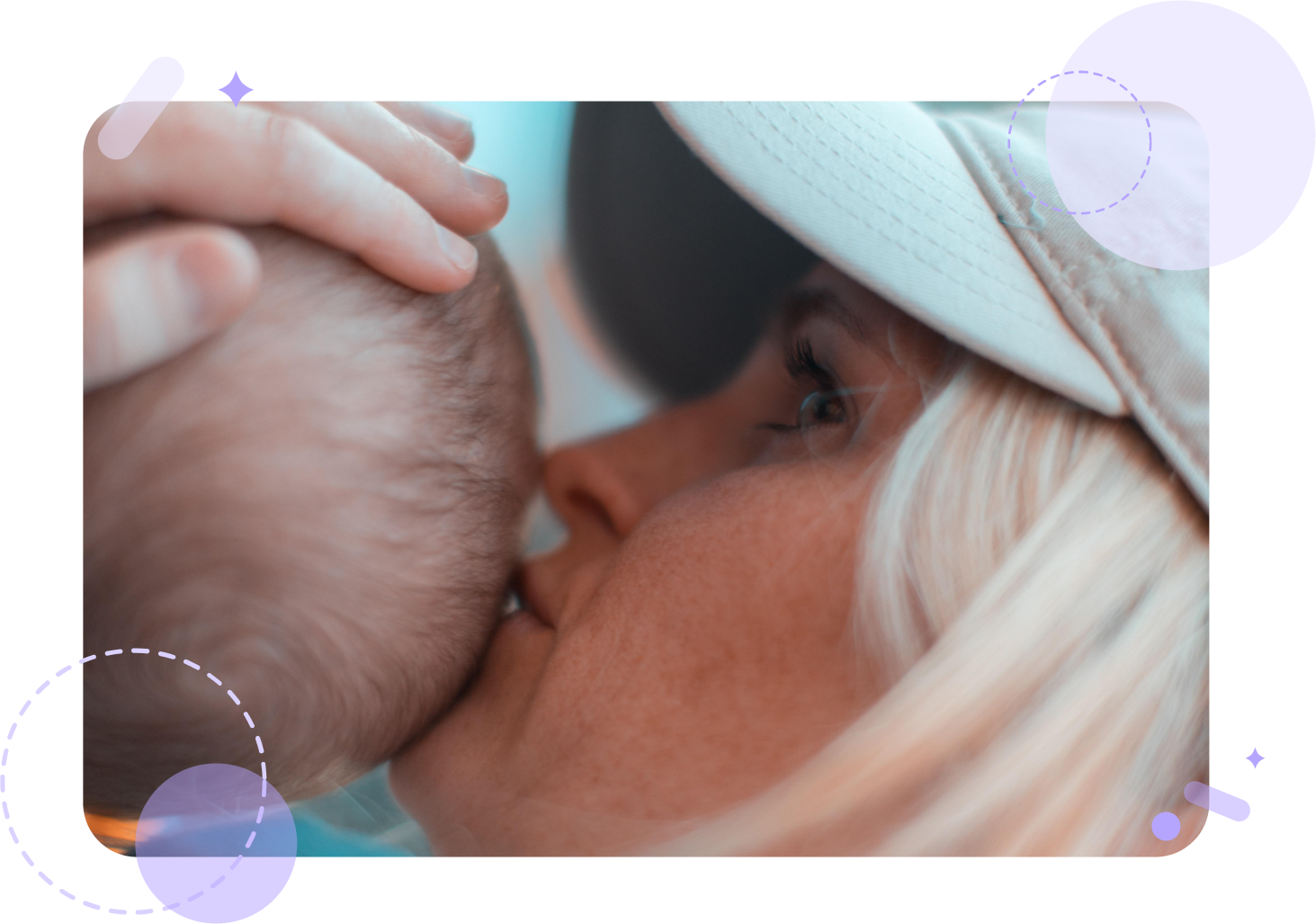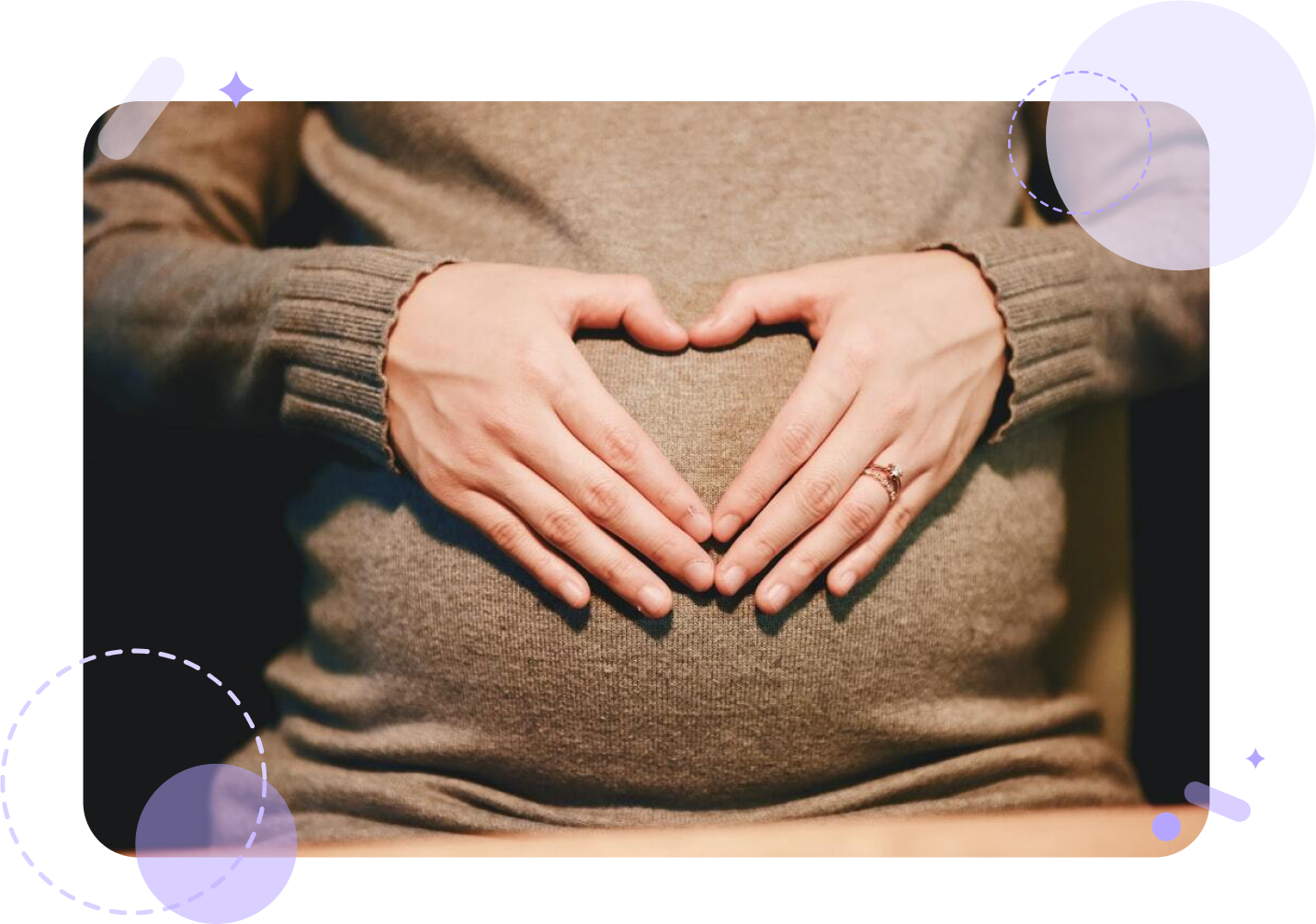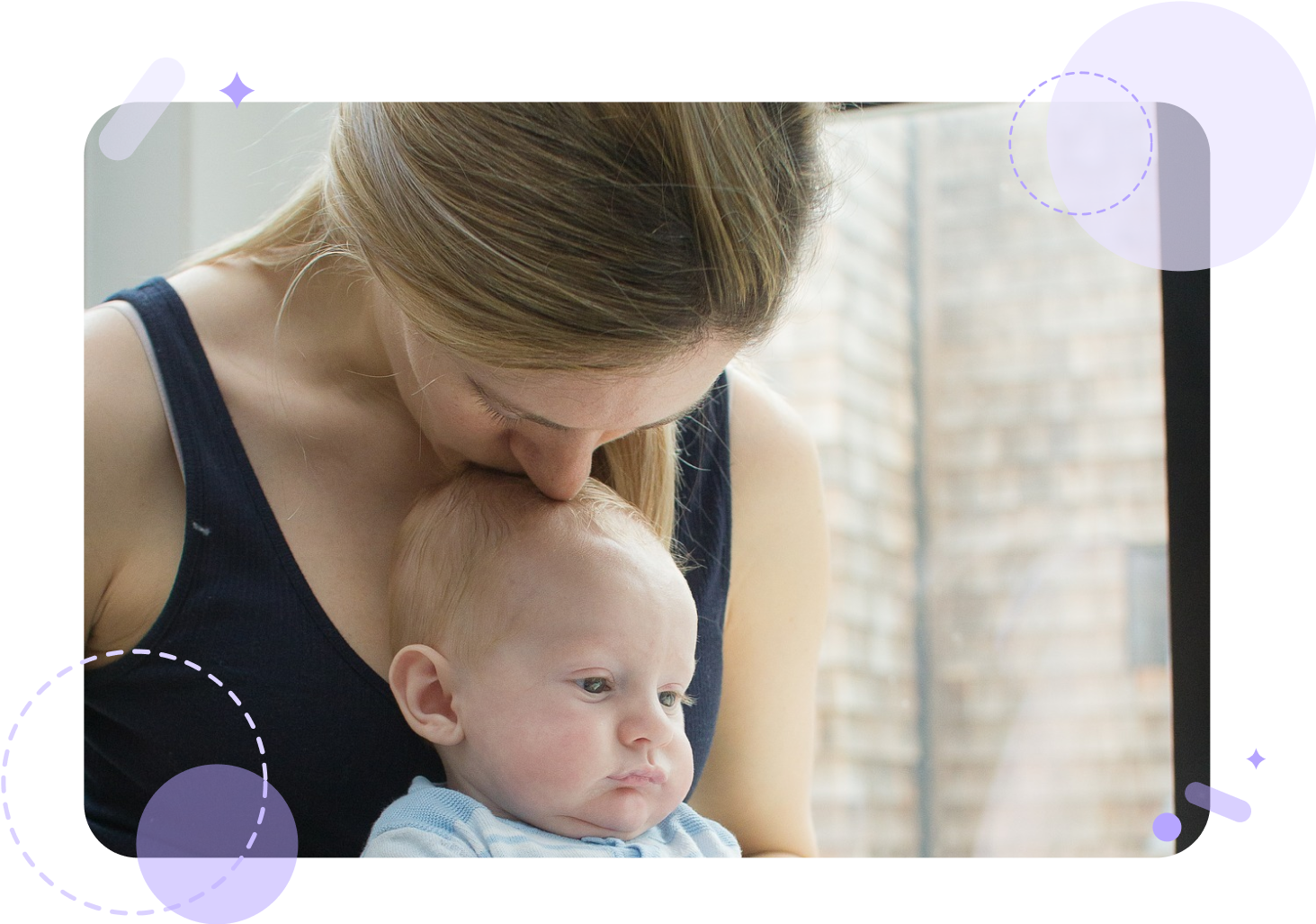
New parents, especially mothers, often face a litany of societal, familial, and even internalized pressure to maintain an unrealistic display of constant positivity while adjusting to life with a newborn baby. When we’re talking about the miracle of life, there’s no room in the conversation for struggle – only sunshine and smiles. But the truth is, sometimes, the transition to parenthood is messy, exhausting, uncertain, and straight-up difficult. For many moms, especially those hiding mental health issues like postpartum depression, this cultural obsession with false perfection has a hugely negative impact.
The American Psychiatric Association defines Postpartum depression (PPD) as “a serious, yet treatable, medical illness involving feelings of extreme sadness, indifference and/or anxiety, as well as changes in energy, sleep, and appetite.” If left untreated, PPD can have a negative impact on both the mother’s overall health and the mother-child bond that is so vital for baby development. Unfortunately, our collective shame about mental health is often a significant obstacle to getting help.
So, let’s reframe how we think about postpartum depression by shifting the way we talk around it. To help destigmatize mental illness in the parenting community, we’ve compiled some truths every new parent should know about postpartum depression.
Truth #1: Postpartum depression is a medical condition, not a moral failure
Despite what motivational fridge magnets might tell you, if you’re struggling with a mental health issue, you cannot merely say “positive vibes only” and be suddenly cured. Postpartum depression, like any other physical or psychiatric condition, is a medical condition – not a chosen sign of weakness. In fact, it takes tremendous strength and resilience to parent with PPD.
Mothers are not “bad” parents for experiencing PPD symptoms like low mood, indifference, poor appetite, and more. Like many other medical conditions, the onset of mental illness is typically beyond our control, and not the result of a personal fault or failure. In the same way that a bacterial infection or broken arm requires medical intervention to heal, PPD often necessitates help from a qualified professional too. Getting support from a doctor, therapist, or friend and practicing self-care can help.
Truth #2: Prioritizing parent mental health is not selfish
Becoming a parent certainly involves a high level of sacrifice and a necessary renegotiation of your priorities, but that doesn’t mean your personal needs wholly disappear. Unfortunately, a common side effect of new parenthood is guilt – and the corresponding misconception that taking care of yourself and your mental health is somehow neglectful to your child.
Provided that you are meeting your baby’s needs alongside addressing your own, self-care as a parent will never be a problem. When you prioritize your health, you empower yourself to be the healthiest, savviest parent you can be – which is the farthest thing from selfish, and honestly, the best thing for your baby.
Truth #3: The PPD experience is different for everyone, but sufferers are not alone
A recent study found that one in every seven women who give birth will struggle with PPD at some point during their first year of motherhood. Given the stigma of mental illness, that number may be even higher than we know – since heaps of women are too afraid or ashamed to seek support.
Like most depressive episodes, everyone experiences postpartum depression differently depending on individual medical history, personality, life circumstances, and other factors. That said, there are common symptoms and experiences shared within the PPD spectrum – so it’s critical to remember that if you are suffering, you are not alone. Speaking about your experience with someone you trust can help combat feelings of isolation and breakdown barriers that prevent others from getting help.
Truth #4: There is help available for coping with postpartum depression
Aside from the isolation of feeling like the only mother struggling with PPD, many parents struggle with intense feelings of hopelessness and fear that their condition will never improve. Even though living with postpartum depression can feel like an impossible challenge, there are many viable options for treatment that have been shown to usually yield positive results. Medical professionals, mental health experts, and loving mothers with lived experience agree that there is hope and help for coping with PPD.
Many people survive and thrive as parents despite having experienced postpartum depression thanks to individualized treatment plans devised in collaboration with a family physician, psychiatrist, or therapist. Beyond that, lifestyle changes and support from family and friends can make a positive impact on mental health as well. Whatever the right fit for you, there are options for coping and cultivating a healthy, rewarding life for both yourself and your baby.
If you are concerned that you or someone you know may be struggling with postpartum depression, please reach out to a doctor or mental health professional for guidance.
- Journal of Education and Health Promotion: Postpartum Depression Risk Factors – A Narrative Review
- International Journal of Women’s Health: Treatment of Postpartum Depression – Clinical, Psychological, and Pharmacological Options
- American Psychiatric Association: What is Postpartum Depression?
- CAMH: What is Postpartum Depression – Symptoms, Causes, and Treatments
- Postpartum Depression.org: Statistics of Postpartum Depression
 Back
Back

